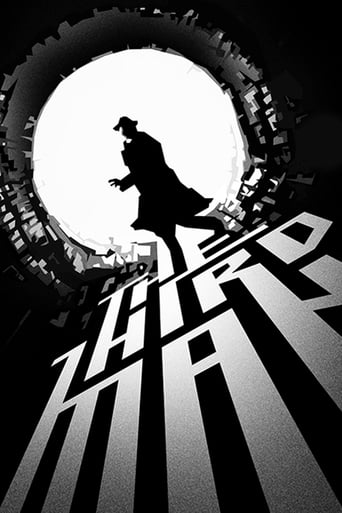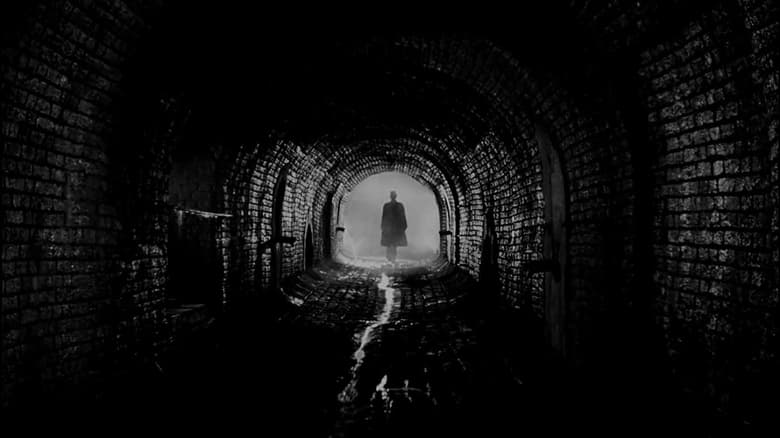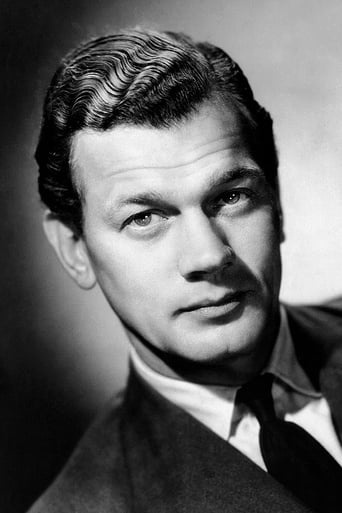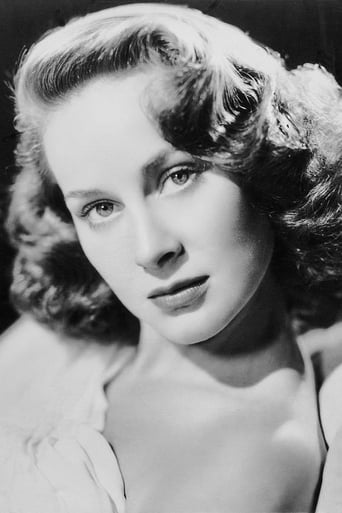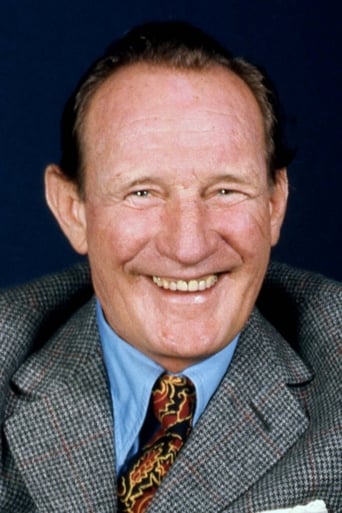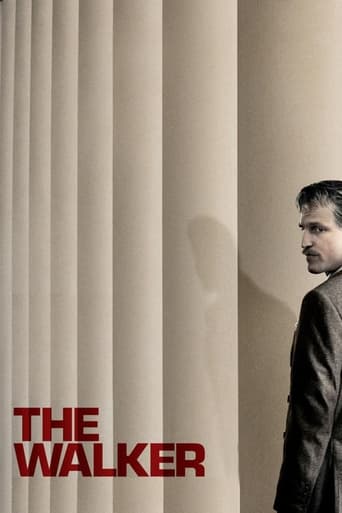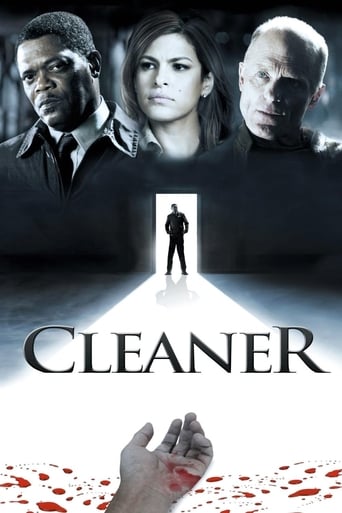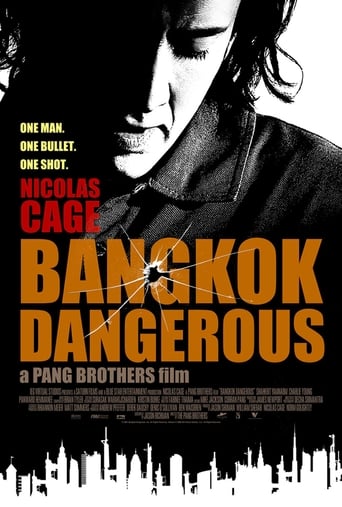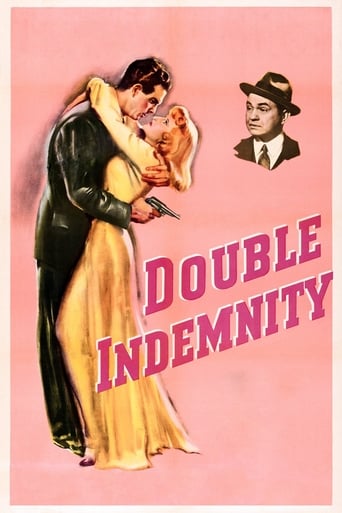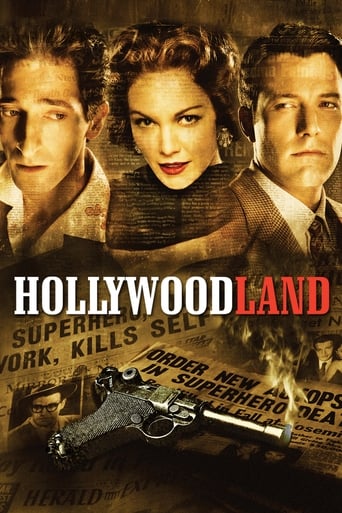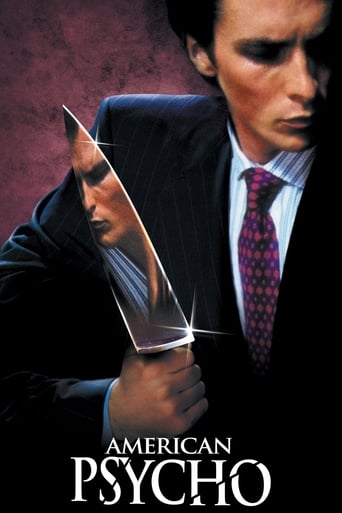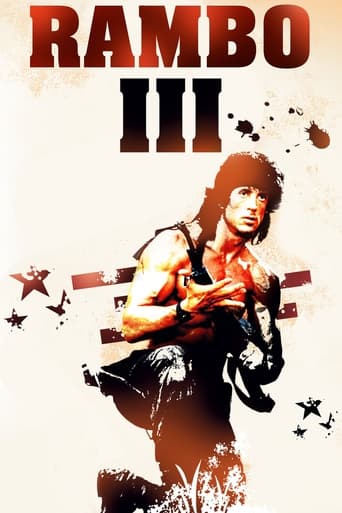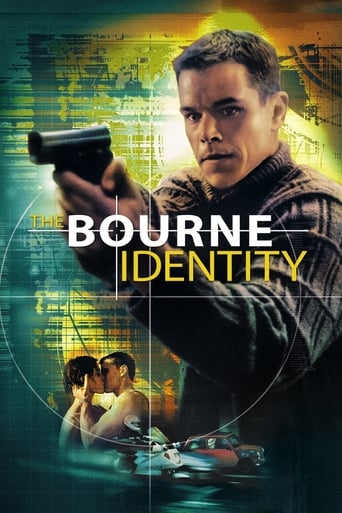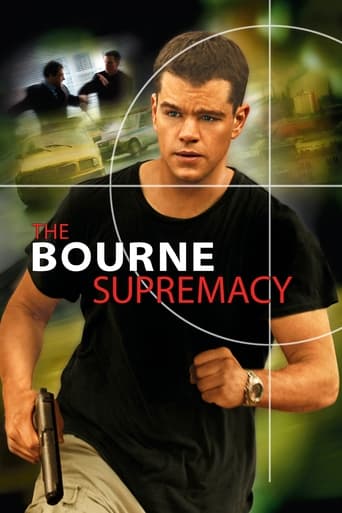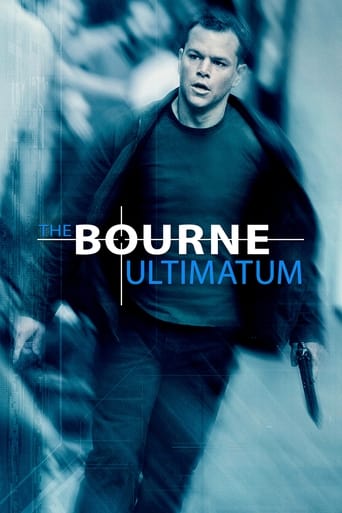The Third Man (1950)
In postwar Vienna, Austria, Holly Martins, a writer of pulp Westerns, arrives penniless as a guest of his childhood chum Harry Lime, only to learn he has died. Martins develops a conspiracy theory after learning of a "third man" present at the time of Harry's death, running into interference from British officer Major Calloway, and falling head-over-heels for Harry's grief-stricken lover, Anna.
Watch Trailer
Cast


Similar titles
Reviews
Very disappointing...
The Worst Film Ever
The performances transcend the film's tropes, grounding it in characters that feel more complete than this subgenre often produces.
One of the worst ways to make a cult movie is to set out to make a cult movie.
I must say , after 30 minutes from the beginning , I slept , and I continued watching it the next day just to know , why is this on the top rated movies !? and why this movie won an oscar award ! for what !? for the boring story !? or for the stupid music !? a total waste of time . I warn all of you . skip it !!.
As a film-noir fan I though to myself this might be one of the best settings: Post-war Vienna with bombed buildings, a multinational police force by the occupying countries, investigation on black market dealings, foreign languages and accents all around. The main actor: an American who doesn't speak German, who learns his friend died in a mysterious accident. But sadly they failed to use this setting and the premise to create suspense for almost the entire movie. It's not the cinematography's fault, which is excellent: Long shadows on Vienna's places while people are being chased. Hm, but something seems off about it. They thought let's put it in traditional Austrian music for the soundtrack, well, because it's Vienna. But this is the kind of cheerful music that fits when you're strolling through the streets in bright daylight with a smile on your face and a lady in your arms. It certainly is the wrong choice for a supposedly suspenseful foot chase. Or when you surprisingly see your presumed dead friend across the street. Or while you're in a children's hospital. Or when people are digging at a graveyard at night and reveal who the "third man" was. It kills all mood in a black and white thriller and becomes almost absurdly comical. I guess they felt eager to try out new things. Thank god they dropped it when Orson Welles showed up and they talked eye to eye on the Ferris wheel. Great acting. Another great scene was the chase in the sewer. This redeemed the movie a bit. But after thinking about it I noticed there are plot holes. The soundtrack achieved at least one thing: it distracted me enough to not think about the plot too much.
Film Review: "The Third Man" (1949) - A film produced under mystery and delayed secrecy concerning Actor/Director Orson Welles (1915-1985) traveling Europe before hitting set in season 1948/1949 to met fellow actor friend Joseph Cotton (1905-1994), performing as down-on-luck writer Holly Martins to investigate the fate of the black marketing character of believed-to-be-dead Harry Lime; together they delivered an iconic scene in motion picture history at the Prater in Vienna, which presents itself in post-war exterior setting condition, where cinematographer Robert Krasker opened up his skill-set of dutch camera angles, stark contrast lighting and precise dolly push-ins. Director Carol Reed (1906-1976) keeps his pressure on even under a tight production schedule and his gone-missing Hollywood Star to deliver a picture with film noir aesthetics without denying genre-twisting constant infusions of dark humorous beating inserts over struggling down-beat actress Alida Valli (1921-2006) with charming native-German speaking support actors, sharing language cross-over punchlines for highest revisiting motion picture entertainment, arguably the most accomplished film from the year 1949 of Academy Award contending pictures, which took the MPAA another year to recognize a deserved Oscar nominations for Direction, Cinematography and pitch perfect pacing Editorial job by Oswald Hafenrichter (1899-1973) in spite of denying the ground-breaking screenplay by Graham Greene (1904-1991) any further recognition as well as the simplistic musical score by Anton Karas (1906-1985), who elevates "The Third Man" even after 68 years of reviews to be one of the genre most innovative motion picture.© 2017 Felix Alexander Dausend (Cinemajesty Entertainments LLC)
To address some of the criticism point by point made in my title there, yes this film is boring: its pace is exaggeratedly slow throughout all of its playtime and at times downright ridiculous, like the chase at the end for example, it just never ends.The points that need to be made could often have been made with either more luster, or quicker, or just been better altogether - much of the film if not all of it is just basically narrative, to the point I would ask what the difference would be between watching the actual film here, or just reading the script. It just carries out a totally linear story and it's basically just dialogue and the film fails at making itself interesting to the audience. Sure this may've been original or what not at the time, but as a film on its own there's really very little strength to it, I mean the whole point and idea of the film (won't be disclosed here) is a fairly ordinary story overall and the twist may be interesting but to have all this completely underwhelming, boring old film attached to it is far too bad a deal for such a quick fix at the end.It's also annoying, sonically: loud voices throughout, the debilitating omnipresence of that Hawaii-ish guitar theme...it's just often very loud and an annoyance. Then the fact it tries hard to be stylistic with tilted odd camera angles, or unsubtle transitions like the camera zooming in on that flower pot and into the street...Overall one could get the impression there's far too little going on, the film settles for telling some story it picked to tell and there's more talking than anything, is recurrently very slow... and what goes on just isn't interesting or important enough to ever get the right momentum going.

